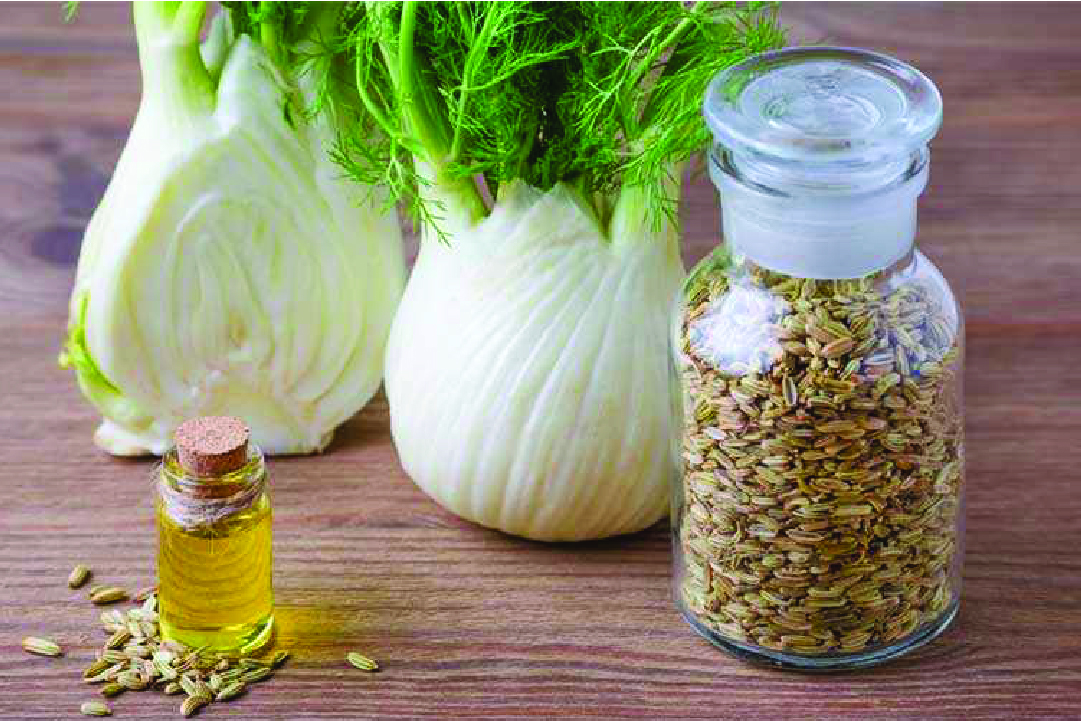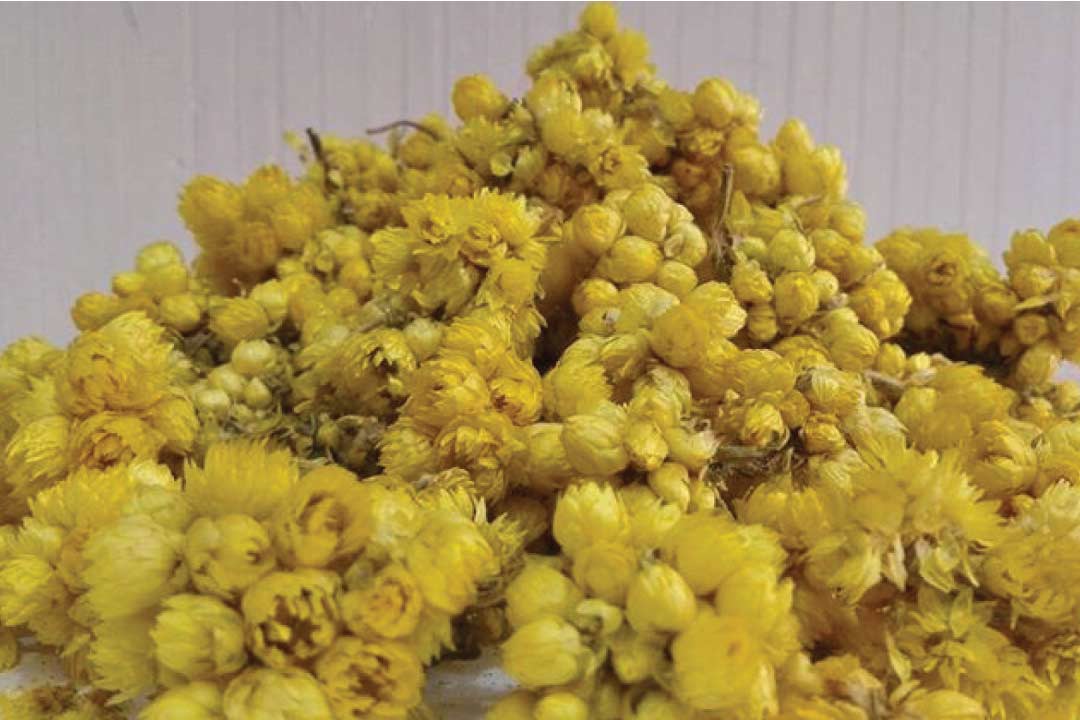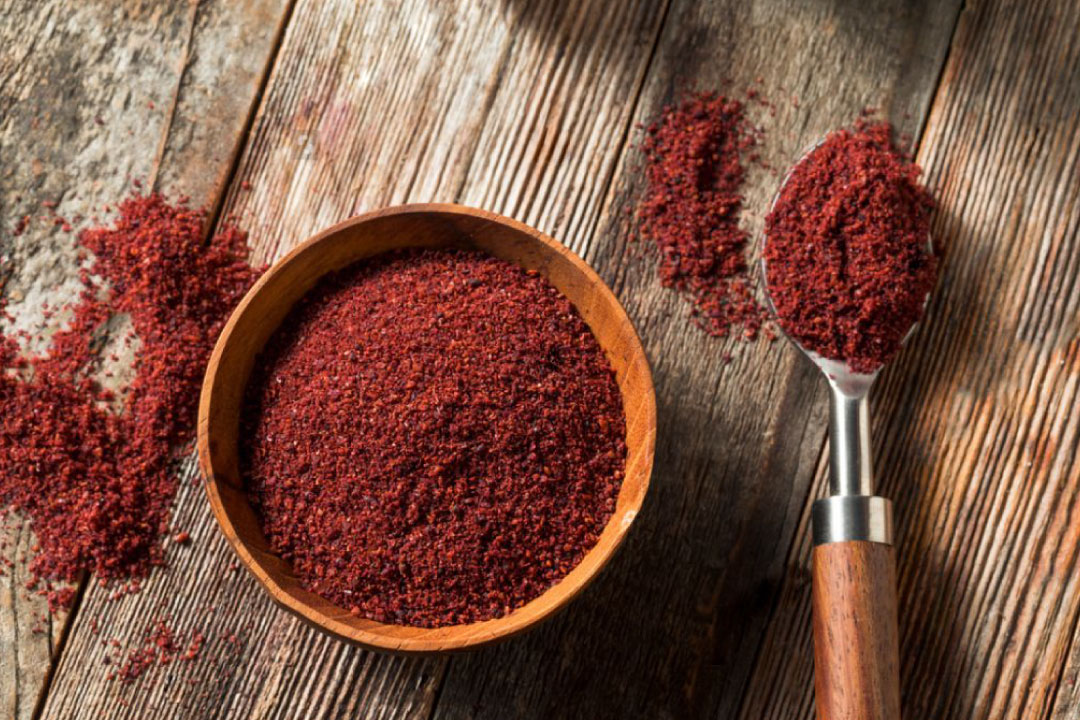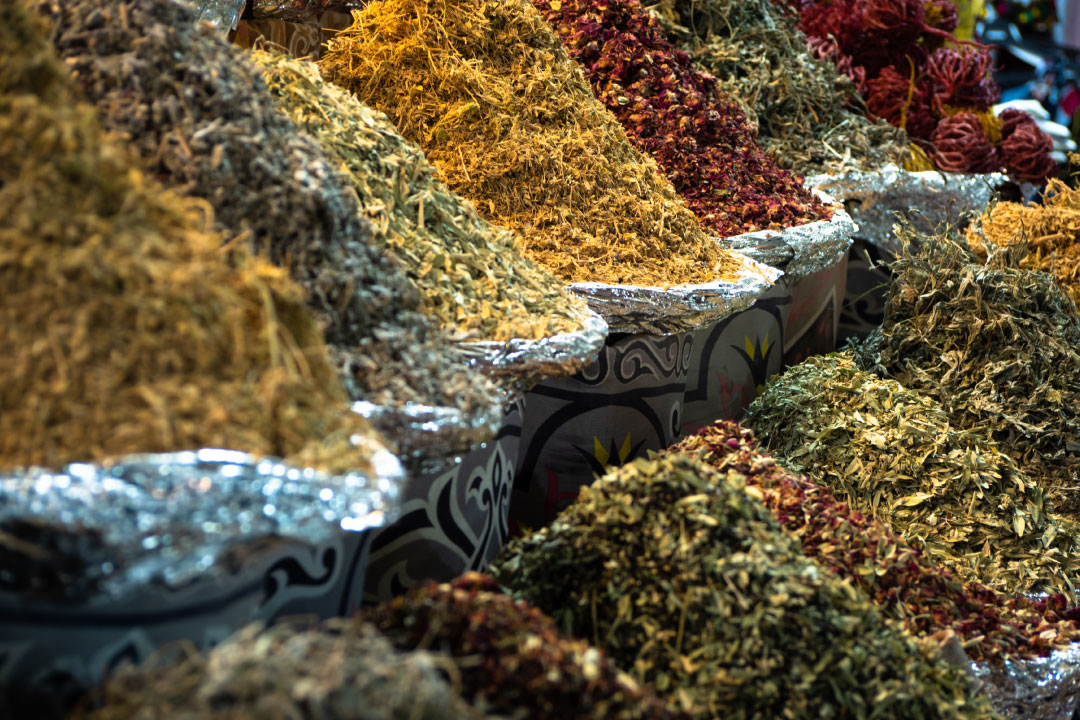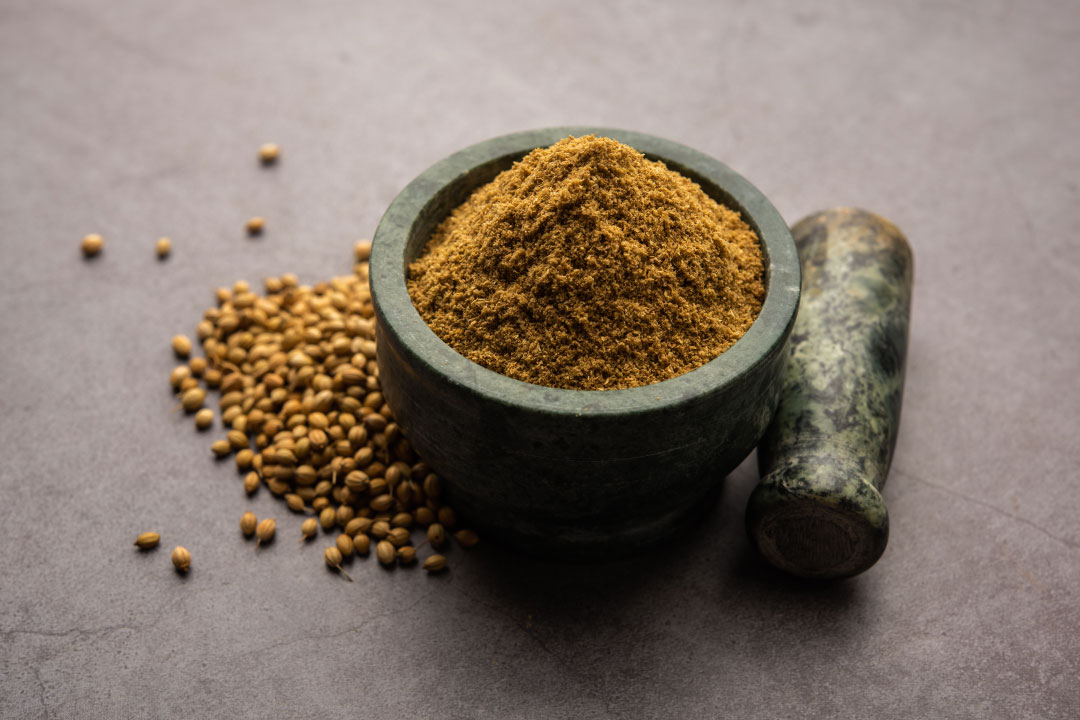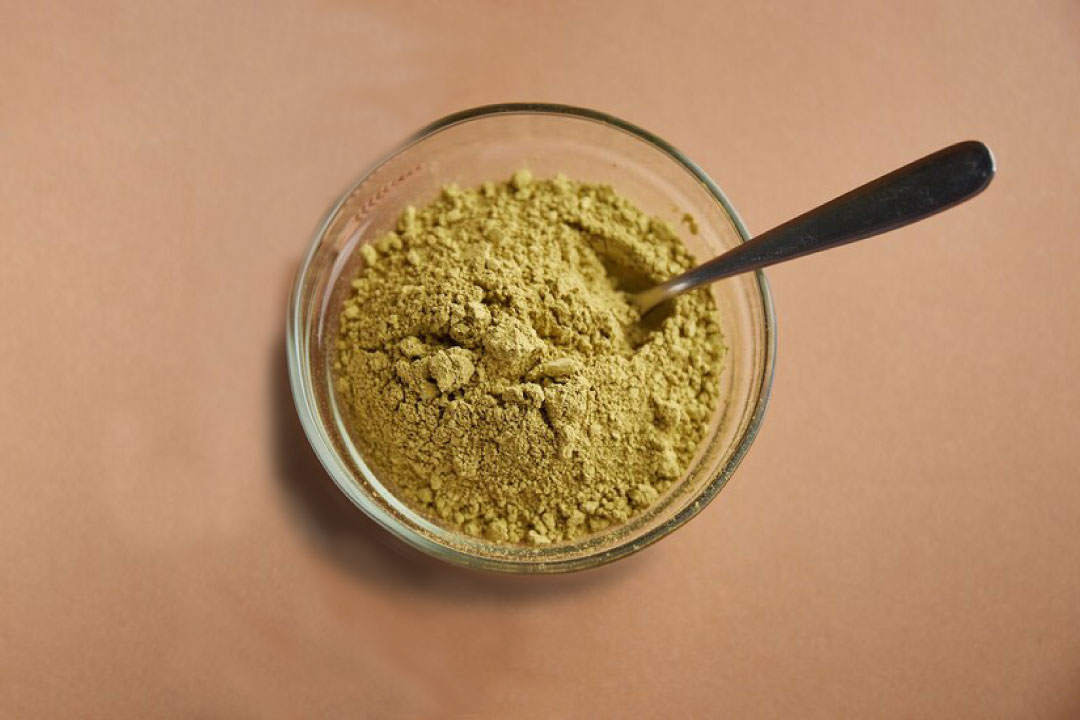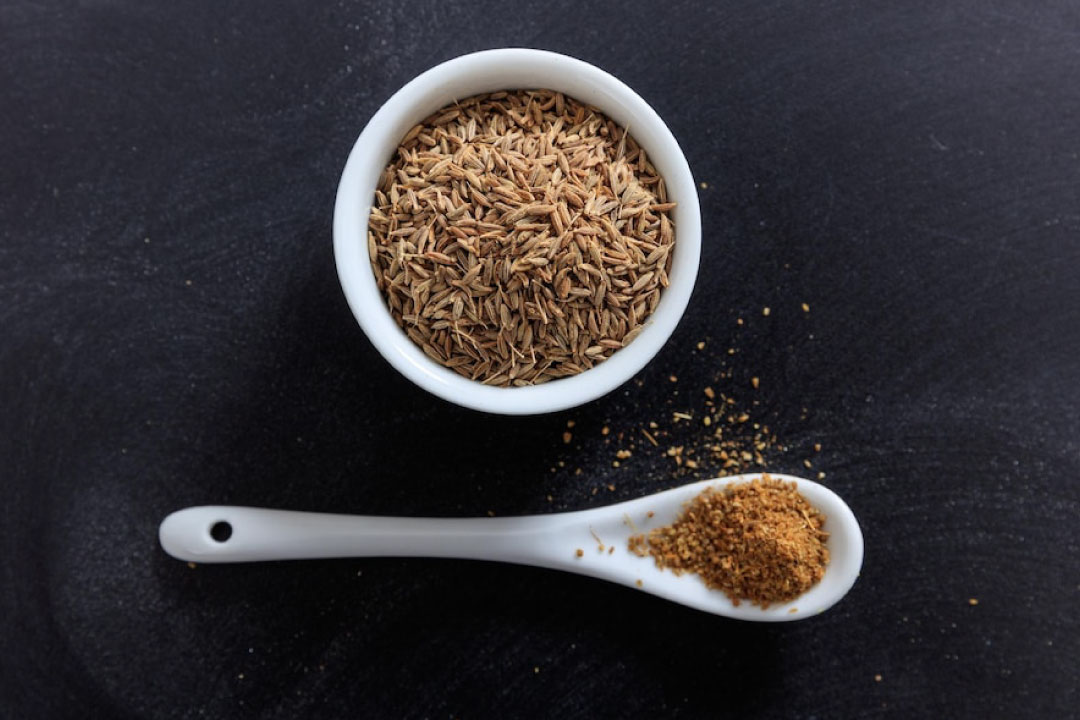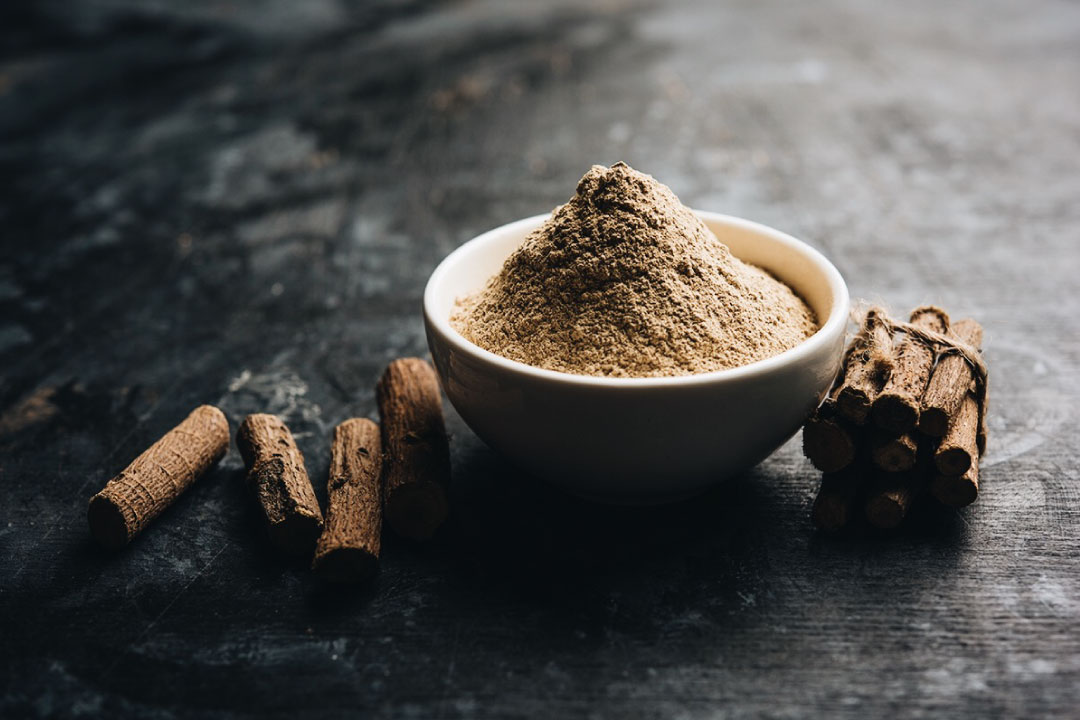Fennel (Foeniculum vulgare) is a flowering plant species in the carrot family. It is a hardy, perennial herb with yellow flowers and feathery leaves
Fennel or anise is a winter herb that comes from plants like celery and wild carrots, and like them, it is a white onion with long stems. Fennel seeds look similar to celery and taste like licorice. The origin of this plant goes back to the Mediterranean; But due to the many properties of fennel, it has been noticed in many countries, including the world.
Fennel is one of the spices that dates back to ancient Rome. Fennel is consumed in two forms, raw and cooked, and due to its sodium, carbohydrate, fiber, plants, vitamin A, niacin, etc., it has therapeutic properties and is used in traditional medicine to treat various diseases.
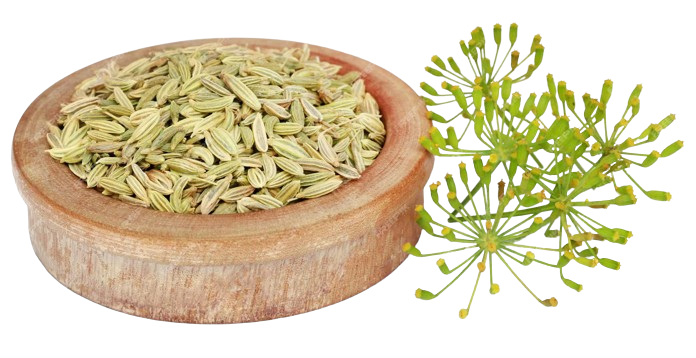
What is the nature of fennel?
This plant has a hot and dry nature, and has anti-phlegm and bile properties.
In traditional medicine, fennel is considered a very special medicinal plant. The nature of fennel is hot and dry, and based on the principles of traditional medicine, it is more suitable for people who have a cold temperament.
Its properties
- bone health
- Prevent cancer
- Improve the immune system
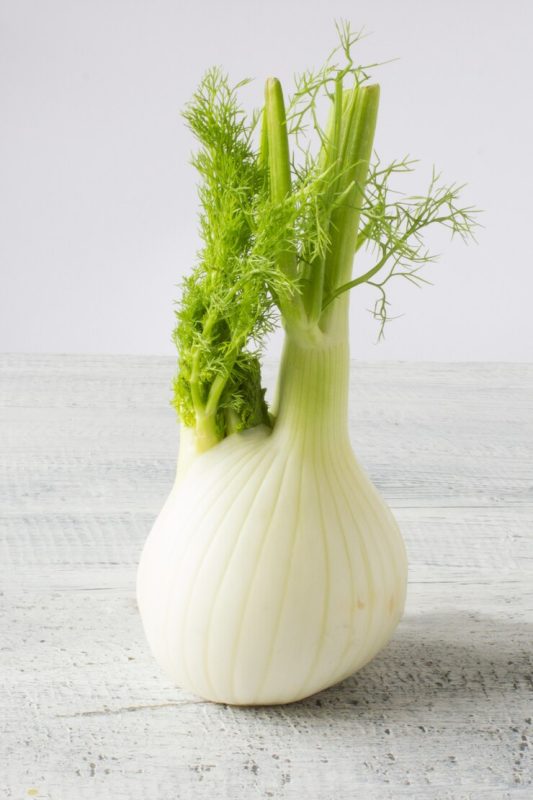
- Treatment of constipation
- To freshen the breath
- Ovarian health
- Relief of menopause symptoms
- Health and beauty of skin and hair
- Help to treat infertility
- Treatment of laziness and ovarian cyst
- Has anti-inflammatory properties
- Has antifungal properties
- Lower blood pressure
- Improve the immune system
- Aid in digestion
- Reduce bloating
- Help relieve pain
- Appetizing and strong
- Maintaining heart health
- Improve digestive function
- To reduce stress
Its complications
- One of the side effects you may experience with fennel is sensitivity.
- Stimulation of the uterus
- Intensification of uterine contractions and premature labor
- Abortion
- Negative effect on DNA
- The possibility of tumor formation in cancer patients
- Photodermatitis (itching of skin surface exposed to light)
- Headache, fever and chills
The interaction of different drugs with fennel can have different side effects.
If you experience any suspicious side effects after consuming this plant, be sure to inform your doctor. It is better to consult a specialist in traditional medicine or a nutritionist.
Benefits of fennel sweat
- To control blood pressure
- Menstrual regulation
- Increasing the milk of lactating mothers, weight loss and slimming
- This herbal medicine can also relieve the symptoms of gastric reflux. Of course, it is better to refer to traditional medicine for cases such as digestive diseases with herbal medicine (treatment of gastric ulcer in traditional medicine).
Fennel sweat for periods: Research has shown that fennel sweat can reduce menstrual cramps by reducing circulating prostaglandin levels.
Fennel sweat for eyes: In the past, fennel seeds were used to treat eye glaucoma. There is vitamin A in fennel, which is effective for the better functioning of eye cells and improving vision.
Properties of fennel tea
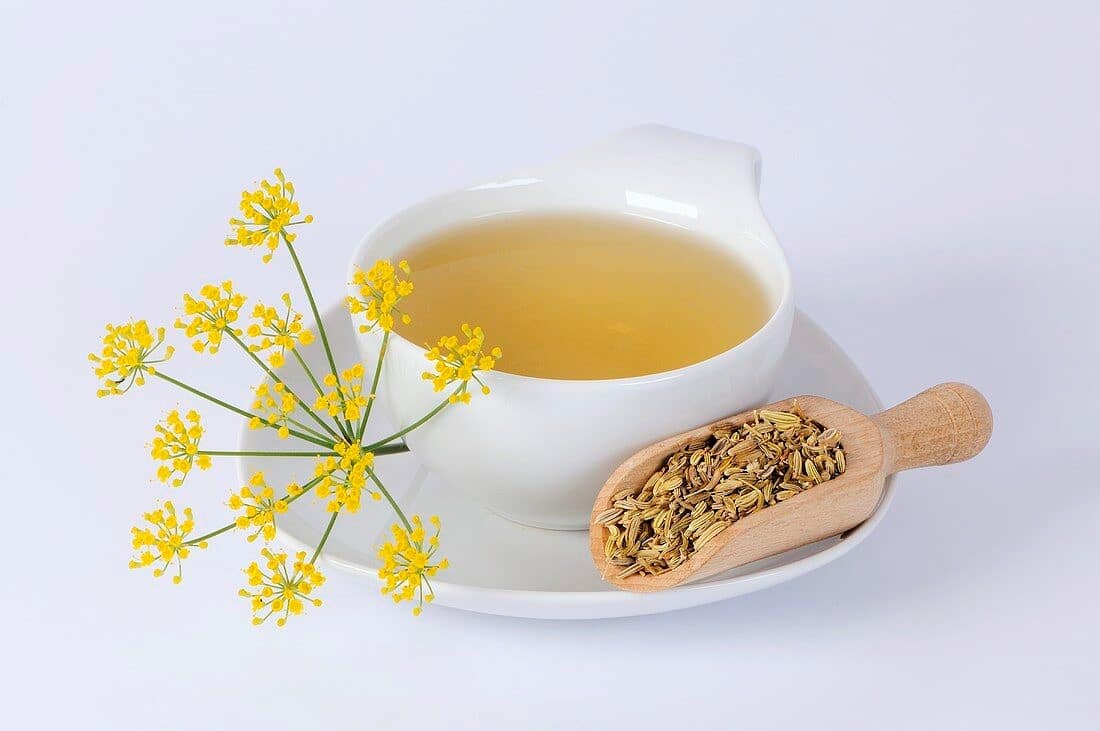
- Strengthening the eyes and treating eye sensitivities
- Strengthen the immune system
- Prevention of colon cancer
- It strengthens the stomach
- Heartache relief
- Treatment of nausea
- Elimination of flatulence and gas
- Removing skin wrinkles and helping to keep the skin fresh
- It is also useful for hair loss, excessive oiliness of the scalp and hair shine.
- It is useful for relieving asthma, shortness of breath, relieving bronchitis and dilating the airways.
- It helps to thin the blood and is useful for people with blocked arteries.
- It lowers blood pressure
- Cholesterol reduction
- Help to treat diabetes
- Strengthen the brain and memory
- Help treat migraine headaches
- Reduces menstrual pain
- It helps to treat cough and sore throat.
What is the best time to eat fennel?
The best time to take fennel is morning fasting. But if you exercise, you can also eat before exercise so that it has the greatest effect on weight loss. Consuming fennel tea before going to bed helps to improve the quality of night sleep and more relaxation.
nutritional value table
| The main constituent | Amount per 100 grams |
| energy (calories) | 31 kilocalories |
| carbohydrate | 7.29 grams |
| Protein | 1.24 grams |
| fat | 0.20 grams |
| Water | 90.21 grams |
| fiber | 3.10 grams |
| sugar Loaf | 0.00 grams |
| Cholesterol | 0.00 mg |
| Fennel vitamins | |
| The name of the vitamin | Amount per 100 grams |
| Vitamin A | 7.00 micrograms |
| Vitamin D | 0.00 µg |
| Vitamin E | 0.00 mg |
| Vitamin K | 0.00 µg |
| Vitamin C | 12.00 mg |
| Thiamine (B1) | 0.01 mg |
| Riboflavin (B2) | 0.03 mg |
| Niacin (B3) | 0.64 mg |
| Choline (B4) | 0.00 mg |
| pantothenic acid (B5) | 0.23 mg |
| Vitamin B6 | 0.05 mg |
| Folate (B9) | 27.00 micrograms |
| Vitamin B12 | 0.00 mg |
| Fennel minerals | |
| The name of the mineral | Amount per 100 grams |
| Calcium | 49.00 mg |
| iron | 0.73 mg |
| magnesium | 17.00 mg |
| phosphorus | 50.00 mg |
| potassium | 414.00 mg |
| sodium | 52.00 mg |
| Roy | 0.20 mg |
| copper | 0.07 mg |
| Manganese | 0.19 mg |
| selenium | 0.70 micrograms |
More information:
The unique properties of ginger : link
coconut oil Supplier : link
Watermelon seeds and melon seeds supplier for uses in nuts : link

